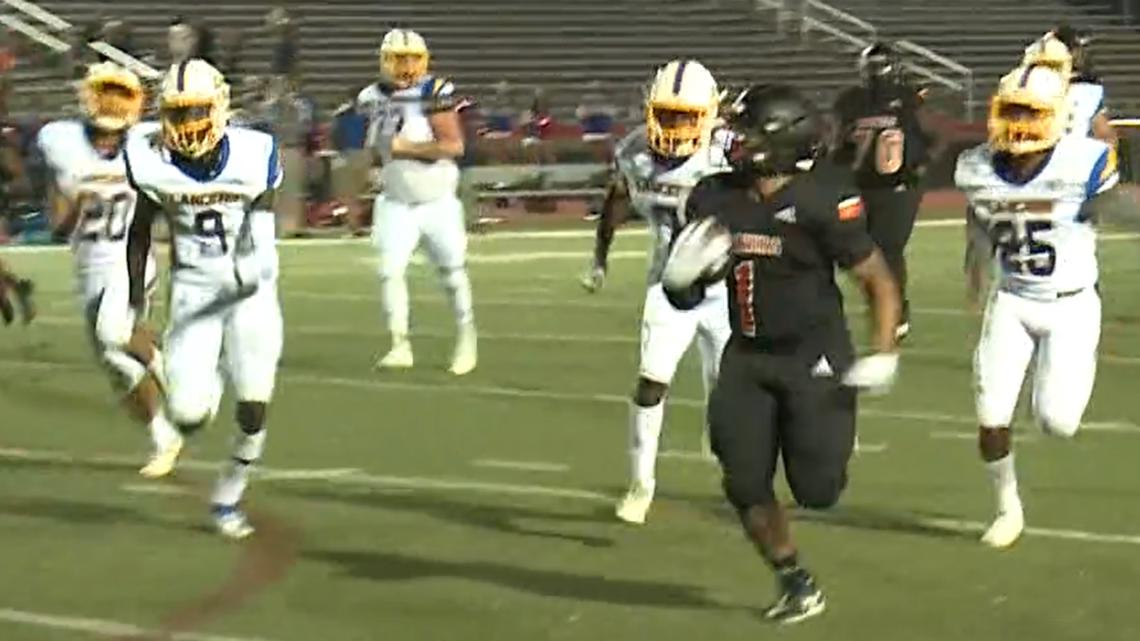Here are the factors the Department of Homeland Security considers when assigning security details.
Editor's note (7/16/24): On July 15, 2024, President Biden has extended Secret Service protection to Robert F. Kennedy, Jr. following the assassination attempt on former President Donald Trump, according to the Associated Press. The story continues as originally written below.
As President Joe Biden and former President Donald Trump continue to comfortably lead the races for the Democratic and Republican nominations, respectively, a third-party candidate is trying to make waves ahead of the 2024 presidential election: Robert F. Kennedy, Jr.
Kennedy’s father was a contender for the Democratic nomination in 1968, but he was assassinated during the campaign, an event that prompted the Secret Service to begin providing protection details to some presidential candidates.
Now RFK Jr. is saying he needs such a detail, and pointing to the recent arrest of an intruder at his home as evidence he’s facing threats in his run for the presidency. He has not received such a detail, and has accused the Biden administration of breaking decades of precedent by not providing one.
Many VERIFY viewers asked us about that precedent, wondering who is eligible to receive Secret Service protection, and whether it is indeed unusual that Kennedy doesn’t currently have it.
THE QUESTION
Do all presidential candidates receive Secret Service protection?
THE SOURCES
THE ANSWER
![]()
No, not all presidential candidates receive Secret Service protection.
WHAT WE FOUND
Federal law states that the Secret Service should protect “major presidential and vice presidential candidates.”
The law does not define “major,” instead assigning the Secretary of Homeland Security with deciding which candidates qualify, in consultation with a bipartisan group of five members of Congress.
Homeland Security has not issued public statements on its assessment of whether Kennedy qualifies and did not respond to VERIFY’s questions. However, in 2017, the Secret Service published a summary of the factors typically considered in this assessment.
For one, protection details are ordinarily not provided more than a year before the general election.
Kennedy’s campaign argues there have been numerous exceptions. However, news reports show that in the last 20 years, only one candidate has been given Secret Service protection this early in an election cycle. In the spring of 2007, Barack Obama was given a detail. He was in second place for the Democratic nomination at the time and faced unique threats as the man trying to become America’s first Black president.
Polling is also a factor in deciding who gets a detail. Secret Service guidelines say for a third-party candidate to be considered “major,” they should poll at 20% or higher for 30 straight days.
According to the RealClearPolitics average, Kennedy has been polling at roughly 15% against Trump and Biden – short of the mark.
Still the guidelines are not hard rules, and exceptions can be made based on other factors such as specific threats. Kennedy argues the recent trespasser at his home is evidence he is facing such threats – an argument to which Homeland Security has not publicly responded.
Other high-profile candidates, like Ron DeSantis and Nikki Haley, also do not have Secret Service protection at this time. The only protected candidates are Biden and Trump – Biden because he is currently president, and Trump because former presidents receive protection for as long as they want after leaving office.
The VERIFY team works to separate fact from fiction so that you can understand what is true and false. Please consider subscribing to our daily newsletter, text alerts and our YouTube channel. You can also follow us on Snapchat, Instagram, Facebook and TikTok. Learn More »
Follow Us
Want something VERIFIED?
Text: 202-410-8808
.png)









 English (US) ·
English (US) ·